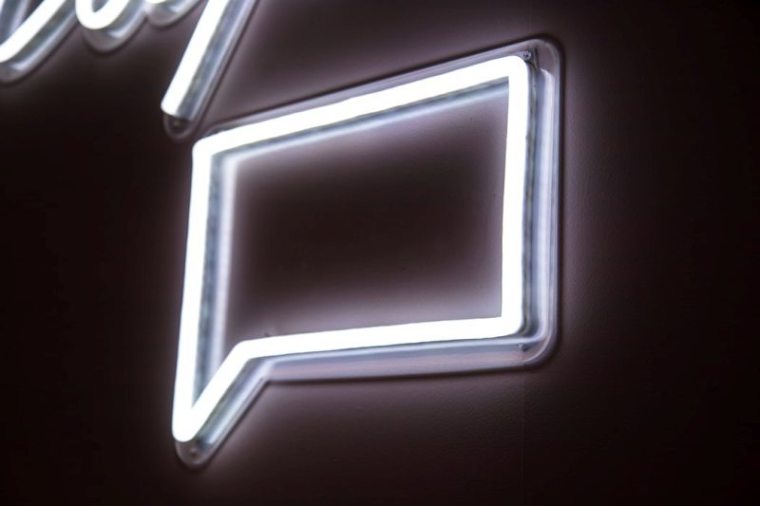
Recently, a story has unfolded of the NZ Army’s writing competition for soldiers of the rank of private. After running it and selecting a winner, they then contradicted themselves like a decaffeinated sugar-free energy drink and depublished it from their website.
This was done, says NZ Defence’s Chief of the Army, Major General John Boswell, because the essay’s views were “not compatible with the culture we are building”.
An academic and former army officer, Dr Ellen Nelson, also weighed in, calling the essay “not a credible piece of writing”. Apparently, she and the others she interviewed were “appalled” that the winning essay was published and labelled the army “tone-deaf” for doing so.
Essentially, based on the response to the essay, the private’s views are to remain, well, private. This is undeniably strange in light of the stated purpose of the competition which was “to encourage Army personnel to think deeply about subjects ... and to encourage debate” (per Major General John Boswell above).
So, I went and read every word of the essay in question looking for things people could conceivably find appalling.
Was there anything hateful or offensive? No.
Was there anything racist or sexist? No.
Was there anything insulting, unnecessarily provocative, or just plain mean? No.
Was it well-written, reasonable and deserving of a top spot based on the quality of writing alone? Yes. I am utterly confused as to what made certain people look at the white between the lines and see red.
Titled “Can the Army Afford to go Woke, Benign Social Progress or National Security Threat”, the essay was an argument against mandated diversity based on race, gender and sexual orientation in the NZ Army. The author, N Dell, argues that the Army should instead be more exclusive by having the standards for soldiers “raised to maintain effectiveness [emphasis original]”.
Importantly, Mr Dell did not say diversity in itself is a bad thing, he said that theresources spent on engineering diversity at the expense of the Army’s duty to defend New Zealand is a bad thing.
If you disagree with Mr Dell, go ahead and disagree. If it is a poorly-argued piece of drivel, it should not be too difficult to blast to smithereens. And surely, there will be capable writers available to do the blasting.
Hate speech in Aotearoa
The whole essay debacle feeds into the current NZ government’s proposed change to the Human Rights Act and the Crimes Act, that is, the so-called ‘anti-hate speech laws’.
Obviously, no one likes hate speech. I mean, what reasonable citizen could be pro-hate? The problem is the unclear and ill-defined wording of the proposed law change. Particularly problematic is the addition of the phrase “stirring up, maintaining or normalising hatred” to the current Human Rights Act provision and including the phrase in a new section in the Crimes Act.
What is “hatred”? Who defines “normalises”?
Recently, I came across an opinion piece by Donna Miles titled, “New hate speech law needs our love”. In this article, Ms Miles makes the claim, “there is no legal definition of hate speech, but you know it when you see it in every successful prosecution”.
But Ms Miles, who knows it? And when who sees it? It is the arbitrary and subjective nature of the wording which makes it unacceptable.
If, currently, an essay that was neither trying to offend nor peddle hate is considered intolerable to those with the influence to depublish it from the NZ Army website, then how can we not expect a possible future muzzling of every single viewpoint that doesn’t match up with safe, conforming views?
To be clear, the point is not that Mr Dell could or would be considered a hate speech criminal under the proposal. The point is that, as we have seen, one person’s reasonable opinion is another’s appalling and tone-deaf polemic. So too, one person’s expression of personal views could be another person’s normalising hatred. And seemingly, the same kinds of people will be making both decisions.
Am I going too far in extrapolating from the response to Mr Dell’s essay to then making conjectures on how the hate speech proposal will play out if turned into law? Maybe. Maybe this is not an early warning sign. But maybe it is the warning sign of an early warning sign. The canary in the coal mine might not be dead, but, boy, he sure is looking woozy.
So, in the meantime, I will be making my submission on the proposed changes to the Human Rights Act and the Crimes Act. And to Mr Dell, a private you may be, but I salute you.